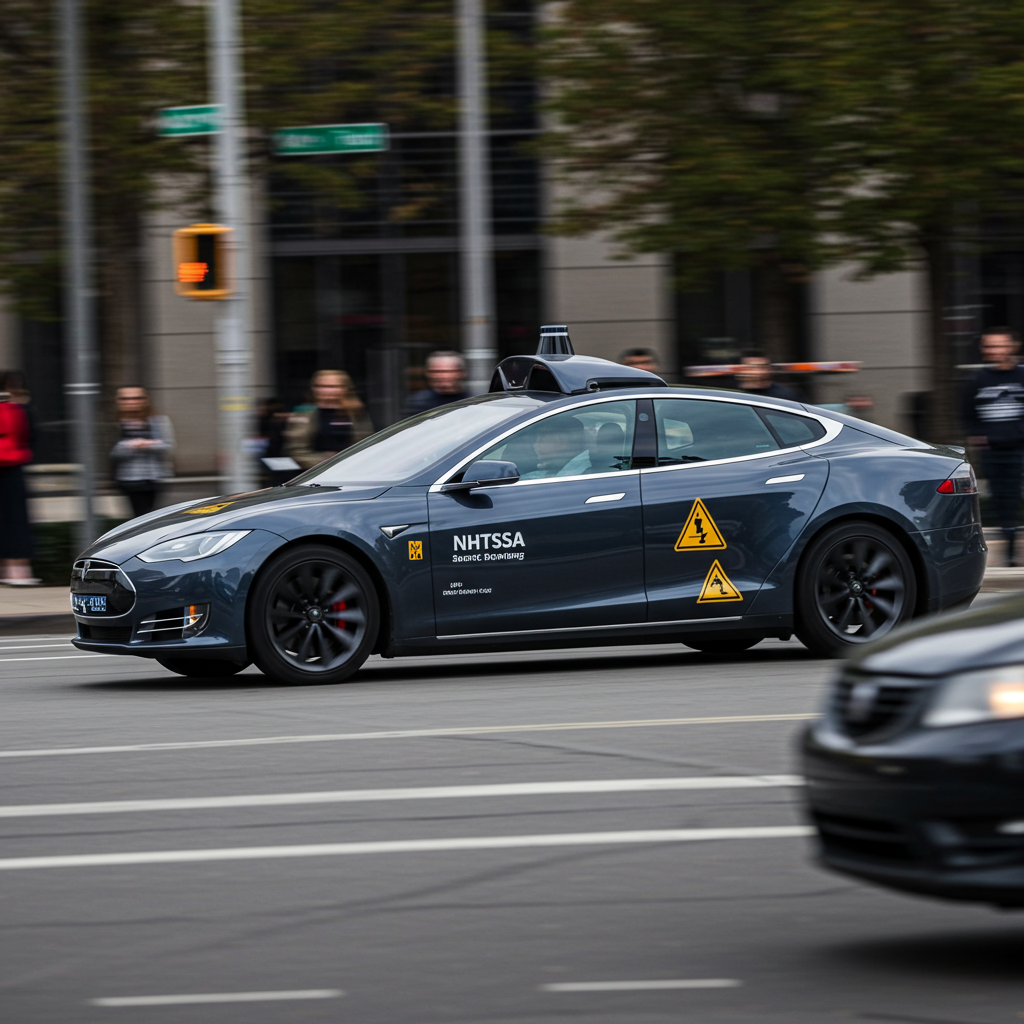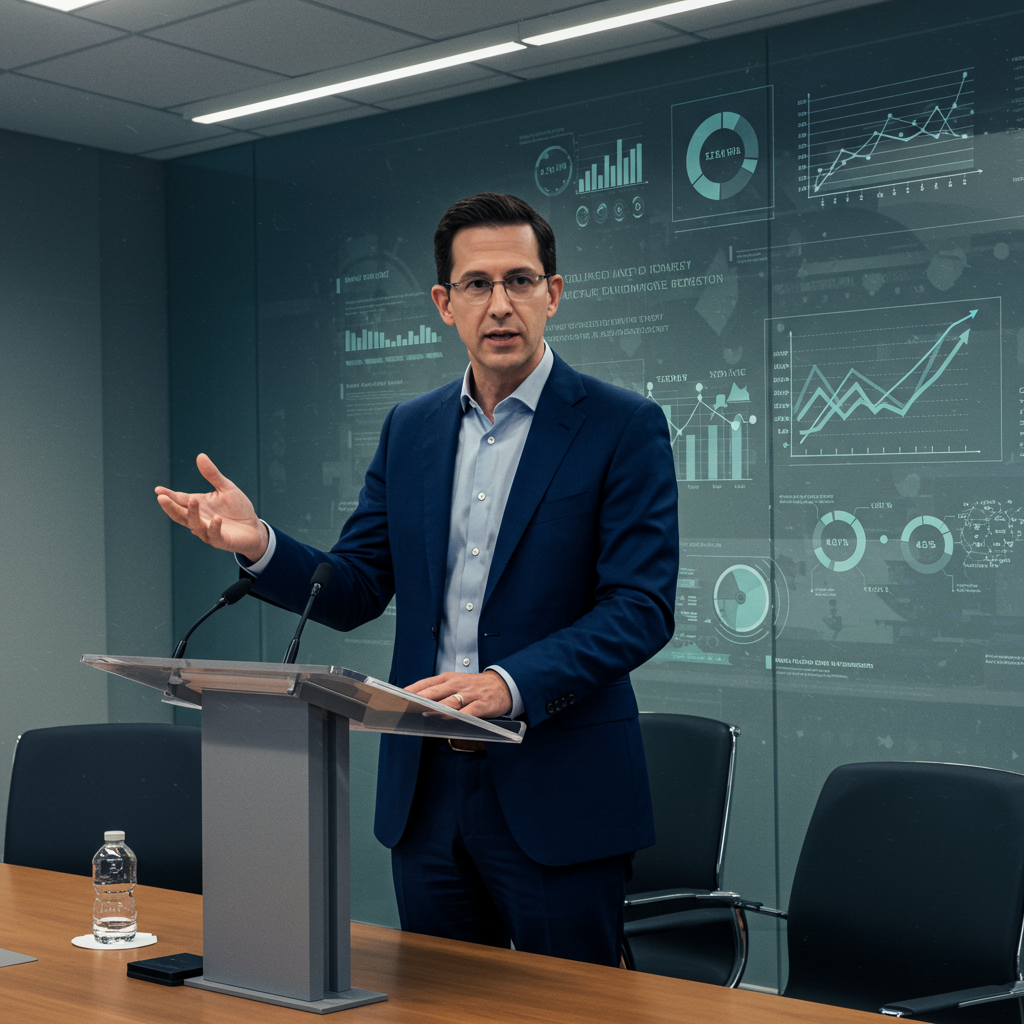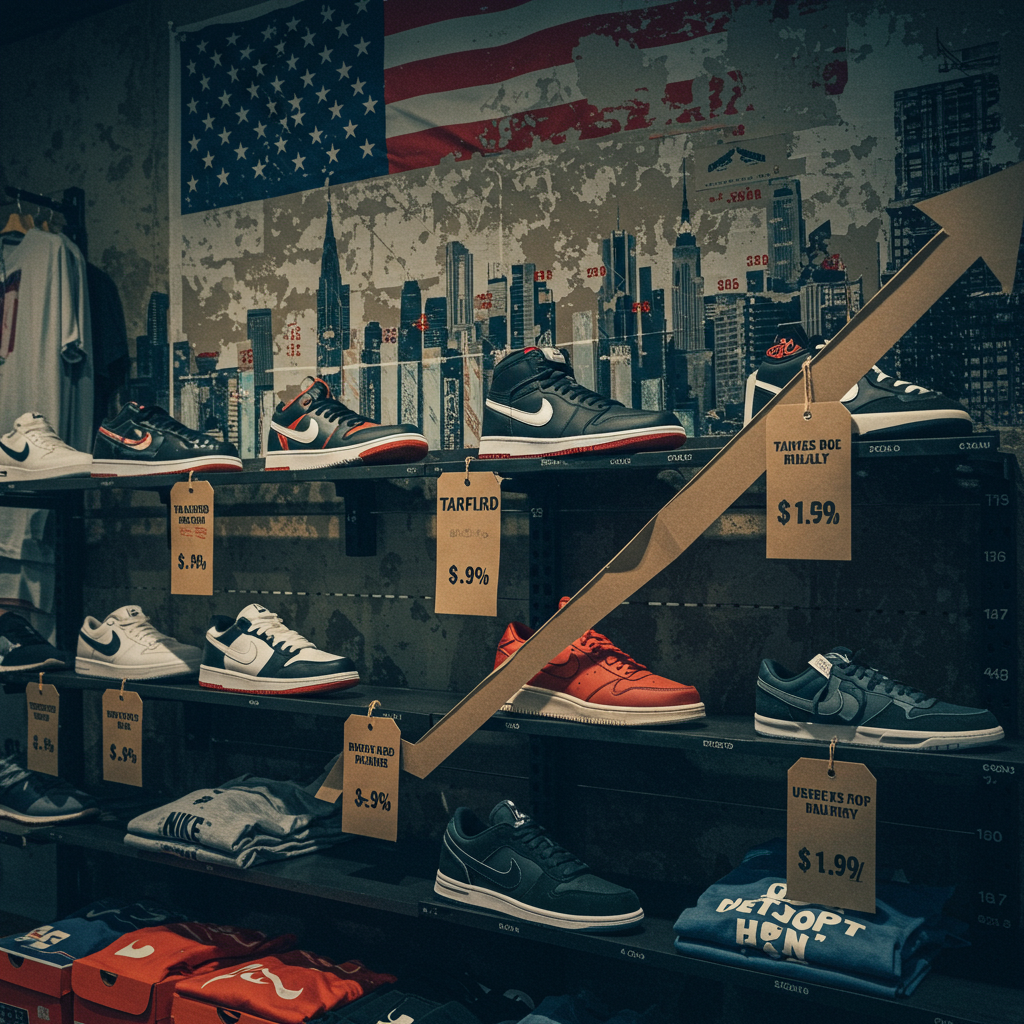Tesla’s Robotaxi Launch Sparks Regulatory Attention After Erratic Driving Videos Surface
Following a highly anticipated launch event in Austin, Texas, Tesla’s new “unsupervised” Robotaxi technology is already drawing scrutiny from U.S. regulators. The National Highway Traffic Safety Administration (NHTSA) reached out to Tesla just a day after the Sunday launch after videos posted online by attendees appeared to show the autonomous vehicles exhibiting erratic behavior and potentially violating traffic laws.
The event, primarily open to invited Tesla investors, analysts, and influencers, offered the public a first glimpse of Tesla’s Robotaxi capabilities – a step beyond the company’s existing Full Self-Driving (Supervised) technology. While some attendees and analysts praised the technology, hailing it as “the future,” other perspectives emerged quickly online.
Videos Show Vehicles Behaving Unexpectedly
Despite a safety monitor being present in the front seat of the test vehicles, multiple videos shared by attendees documented incidents of concerning driving.
In a video shared by Tesla investor Rob Maurer, the Robotaxi is shown hesitating at an intersection before veering into a lane intended for oncoming traffic. The vehicle then appears to break traffic laws by crossing a double solid yellow line to enter a left turn lane, prompting a honk from another driver.
Another video, posted by author Ed Niedermeyer, captured a Robotaxi “braking hard” without apparent reason after passing parked police vehicles that were not blocking its path. Niedermeyer described the vehicle’s actions as “downright unsafe.”
These incidents, shared widely across social media platforms, quickly caught the attention of federal regulators.
Regulators Are “Watching You,” Expert Says
NHTSA confirmed to Fortune that it is “aware of the referenced incidents and is in contact with the manufacturer to gather additional information.” The agency emphasized its commitment to enforcing the Vehicle Safety Act and will use its “data-driven, risk-based investigative process” to assess reports.
NHTSA clarified that it does not “pre-approve new technologies,” but instead focuses on ensuring vehicles meet safety standards and investigating potential safety defects after they occur. Based on their assessment of the recent reports and other information, NHTSA stated it “will take any necessary actions to protect road safety.” This comes as the agency already has a separate, ongoing investigation into crashes involving Tesla vehicles using its Full Self-Driving (Supervised) system.
While NHTSA’s contact with Tesla doesn’t automatically mean a formal investigation has been opened, experts suggest the company should be on alert. Jason Turchin, a Florida-based product liability lawyer familiar with vehicle cases, characterized the current phase as NHTSA effectively telling Tesla, “‘we’re watching you. We’re aware of this potential, and we need reassurance that this is not the case.'” Turchin noted that NHTSA possesses broad authority to mandate recalls or impose fines if the situation escalates. He also voiced hope that these recent events, alongside the growth of self-driving vehicles, would accelerate the development of comprehensive regulations for autonomous vehicle production and use.
Adding broader context, experts note that Musk’s various ventures, from SpaceX’s government contracts to Neuralink’s FDA approvals and Tesla’s autonomous ambitions, have significant dependencies on federal government interactions and regulatory clearance. This dynamic makes the companies potentially vulnerable to regulatory scrutiny.
Conversely, Craig Melrose, a former Toyota production engineer, offered a potentially more optimistic view, suggesting that NHTSA’s involvement could be a positive development. He argued that regulatory agencies play a vital role in ensuring standardization and promoting best practices across the industry, implying this contact could be a proactive step toward that goal.
Tesla has not publicly commented on the recent Robotaxi incidents. Reports indicate the company previously responded to NHTSA’s questions about its Robotaxi program and reportedly requested its responses be kept confidential.
The unfolding situation underscores the significant hurdles and intense regulatory oversight facing companies developing and deploying autonomous vehicle technology for public use, particularly as they move toward less supervised operations.



